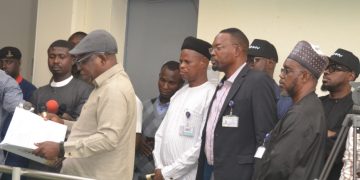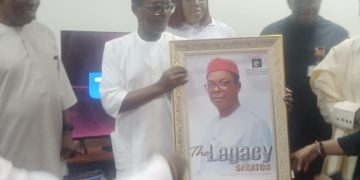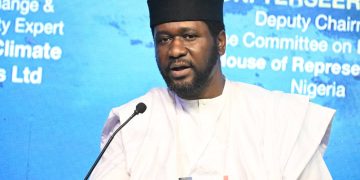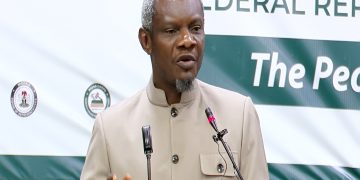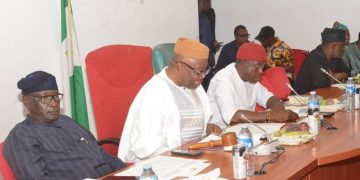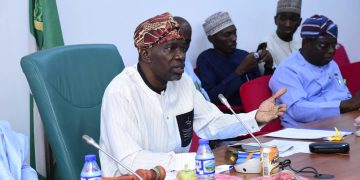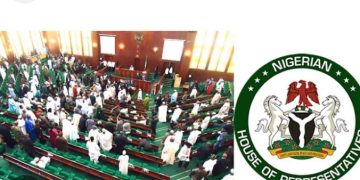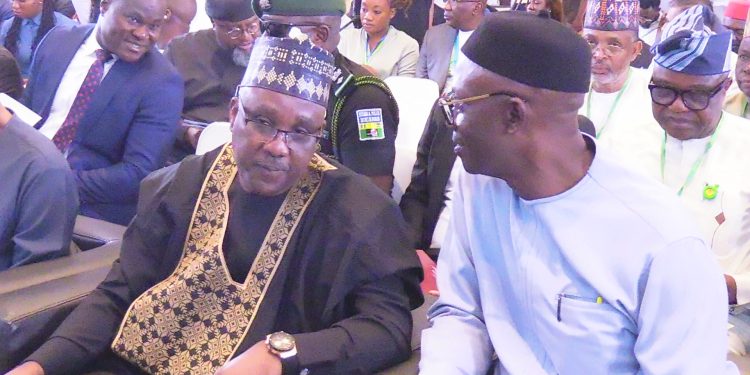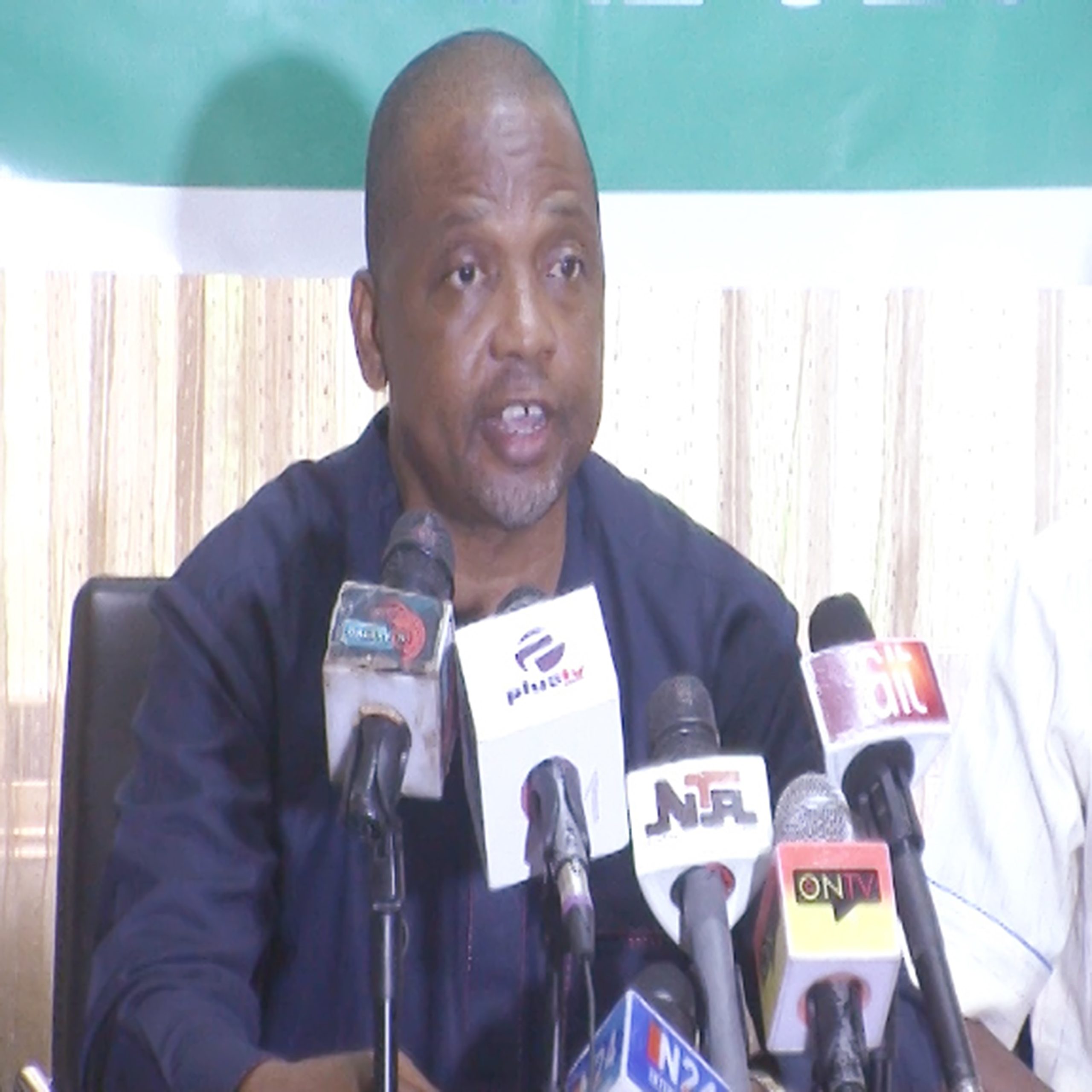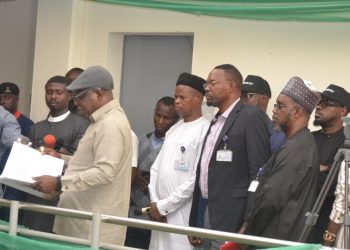By Michael Agbaji
The Speaker of the House of Representatives Rt. Hon. Abbas Tajudeen, has commended the government President Bola Tinubu for his commitment in driving service in the power sector.
Hon Abbas stated these while declared open stakeholders interactive dialogue on confronting Nigeria’s power challenge as the nation migrates to multi-tier electricity market organized by House of representatives committee on power in Abuja
According to Hon Abbas,the f Bill was first signed into law by the President barely a few weeks after his inauguration, the Electricity Act (Amendment) Bill, 2024, which authorised states, companies, and individuals to generate, transmit and distribute electricity. The law repealed the Electric Power Sector Reform Act (EPSRA) signed by President Olusegun Obasanjo in 2005.”
He further disclosed that the propose law would make it mandatory for the relevant Federal Government bodies to consult the National Assembly and other stakeholders before fixing Electricity tariff.
“Accordingly, I will sponsor a bill to provide administrative procedures that entrench proper consultation and legislative review of process for tariff setting in Nigeria’s electricity and other public services,” he said while declaring open a power sector stakeholders interactive dialogue/workshop organised by the House Committee on Power.
Speaker says he would have expected that the forum and extensive consultations would have preceded the implementation of the new multi-tier electricity system.
“Having this consultation now appears to be an afterthought and goes contrary to the Electricity Act, 2024, which mandates consultation with all relevant stakeholders in determining just and fair tariffs,” he stated.
Speaker Abbas said: “I hope this forum allows all stakeholders to interrogate whether the new system meets the criteria outlined in the Act.
“The fundamental principles of just and fair pricing of electricity as laid out by a leading authority in this field are (1) simplicity, (2) understandability, (3) acceptability, (4) non-controversial, (5) stability, and (6) non-discriminatory. The question before you today is whether the new tariff model meets these principles.
“In framing the way forward, we can look towards best practices and successful models from other countries that have implemented similar market structures. Notable strategies include strong regulatory oversight to ensure fairness and transparency across all tiers.”
Speaker Abbas noted that discussions at the forum were set against the backdrop of the significant challenges and remarkable opportunities within the power sector.
He said: “The Government’s objective is clear – to foster a resilient, efficient, and sustainable power sector capable of supporting our nation’s ambitious economic and developmental goals”.
“Historically, the Nigerian power sector has grappled with challenges that have stifled its growth and hampered its efficiency. These challenges include inadequate generation capacity, dilapidated infrastructure, frequent disruptions in power supply, and financial inefficiencies that have eroded the sector’s viability.
Speaker Abbas also said the shift towards a multi-tier electricity market represents a strategic pivot in our approach to power sector reform. He added that this model envisaged a structured market segmentation that allows for differential pricing and service levels tailored to diverse consumer needs and capacities.
The Speaker noted: “However, this is just one side of the coin. Despite the much-touted benefits, the transition to a multi-tier market is challenging. These include regulatory complexities, the need for substantial capital investment, the risk of market …


